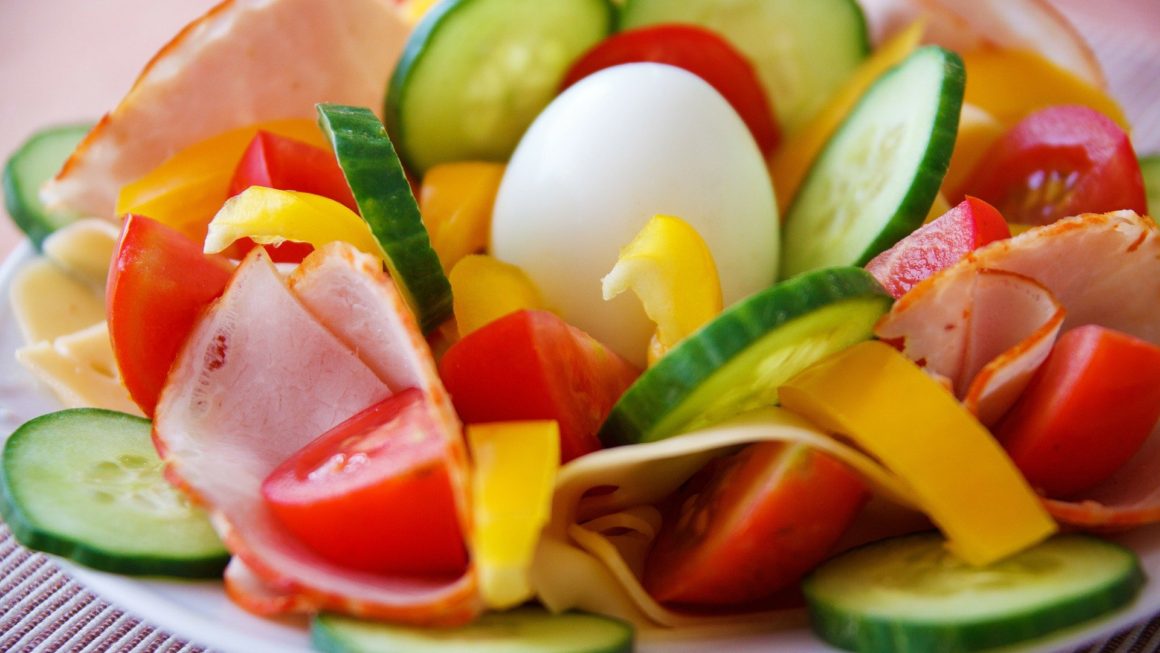Taking time to focus on your overall health is a common theme we hear about everywhere.
We are strongly encouraged to exercise daily, eat lots of fruits, vegetables, whole grains, and lean meats. We are encouraged to be mindful of what we put into our bodies, and to drink as much water as possible. These are all incredibly great ideas for self improvement, but not everyone has the means to incorporate these ideas into their lifestyle.
Regardless of anyone’s economic situation, keeping up with your health throughout the whole year is hard. It’s hard to exercise when it’s cold and rainy. It’s hard to eat right during the holidays. It’s hard to make time for health when the kids have school projects due, and you’re carting them around to various practices, or if you’re stuck working overtime on the regular. With the summer months upon us, the weather will be nice enough to exercise outdoors. However, these months also bring BBQs, cold treats, and time spent keeping the kids occupied since school is out.
What you need are some super easy health and wellness tips that you can implement in minutes. Once you take some baby steps in the right direction, it’ll be easier to make greater strides in the future.
Water, water, water
Though the classic advice tells you to consume no fewer than 8 glasses of water a day for better health, we now know that everyone is different and you may not need that much water to maintain good health. Having said that, water is, without a doubt, your best tool in any sort of healthy eating plan and will be the most important tool in keeping you hydrated when the temperature rises.
The first, easy move you can make for better overall fitness is to replace as many beverages as you can with water. If you drink two sodas a day, replace one of them with water. Once you are accustomed to a little less soda, try decreasing the number you drink even more. Over time, your caloric intake will decrease and you’ll reap the benefits.
Do you have problems overeating? Drink some water. Studies have actually shown that drinking water before meals reduces caloric intake.
“A randomized trial published in the journal Obesity in February, scientists at Virginia Tech followed a group of overweight subjects age 55 and up on low-calorie diets for about three months. Half the people were told to drink two cups of water before every meal. At the end of the study, the water group had lost an average of 15.5 pounds, compared with 11 pounds in the other group. A 2008 study showed a similar effect, finding a 13 percent reduction in calorie intake in overweight subjects who consumed water before breakfast,” reports the New York Times.
Get Moving and Get Some Sleep
Not everyone has access to or time for a gym. That doesn’t mean you can’t find other ways to exercise. Did you know that adults are supposed to get at least 30 minutes of exercise per day? While this is not easy for everyone to accomplish, it’s worth considering. Take advantage of the warmer and longer days of summer by walking, jogging, or hiking (you can even do this with your dog!) for 30-minutes a day, you can boost your health. If you’re feeling up to it, you can even increase the length of your route. Work physical activity into your daily routine in whatever way possible.
If you work in a building with multiple floors, opt for the stairs instead of the elevator and take your lunch breaks outside.If you drive to the store, park as far away from the entrance as you can. If you want to incorporate weights, look for methods that allow you to use your body weight for resistance training. There is something out there for everyone, it just takes a little research.
Keep in mind that all this added activity will require extra energy, so it is important to try to get at least eight uninterrupted hours of natural sleep. Adequate sleep will not only give you the energy boost you need, but keep you focused and alert as you tackle the day.
Always add vegetables into otherwise veggie-less meals (aka Hide The Veggies)
So maybe you’re not to the point where you can sit down to a giant plate of broccoli. Don’t worry – you’ll get there. But for now, it’s important to start working veggies into your diet any way you can. Taco night? Add diced peppers or tomatoes to your topping. Eating pasta? Incorporate leafy greens like spinach or kale, you can even use frozen varieties if fresh is unavailable. Making scrambled eggs? Add salsa, a can of green chiles, or maybe some olives. With minimal effort, you can add nutrients to your diet if you simply make a rule that whatever you eat must include at least two vegetables. If you can find ways to incorporate more fruit, all the better! Two servings a day of fresh fruit are ideal, but if you can’t find any, consider canned fruits that are in juice or unsweetened applesauce. Always be sure to look for a minimally processed and/or no-sugar option. Any time you can limit eating processed foods, you help your body in the long run. If you need to switch things up, use the summer as an excuse to go on a picnic, or eat dinner outside at least once a week.
Use smaller plates
Are you really that hungry? Or are you just clearing your plate because the food is already on your plate? Reducing the size of the plates we eat on has been shown to help with portion control. The trick? It’s all in our brains. We’re less likely to go back for seconds than to clear our plate, so if you put less on the first serving you’ll eat less in the long run.
Again, these are steps that anyone can implement at any time. Even those who have less access to fresh fruits and vegetables. With these small adjustments, little by little you can take control of your health and well-being this summer.
Photo Credit: Pixabay.com

